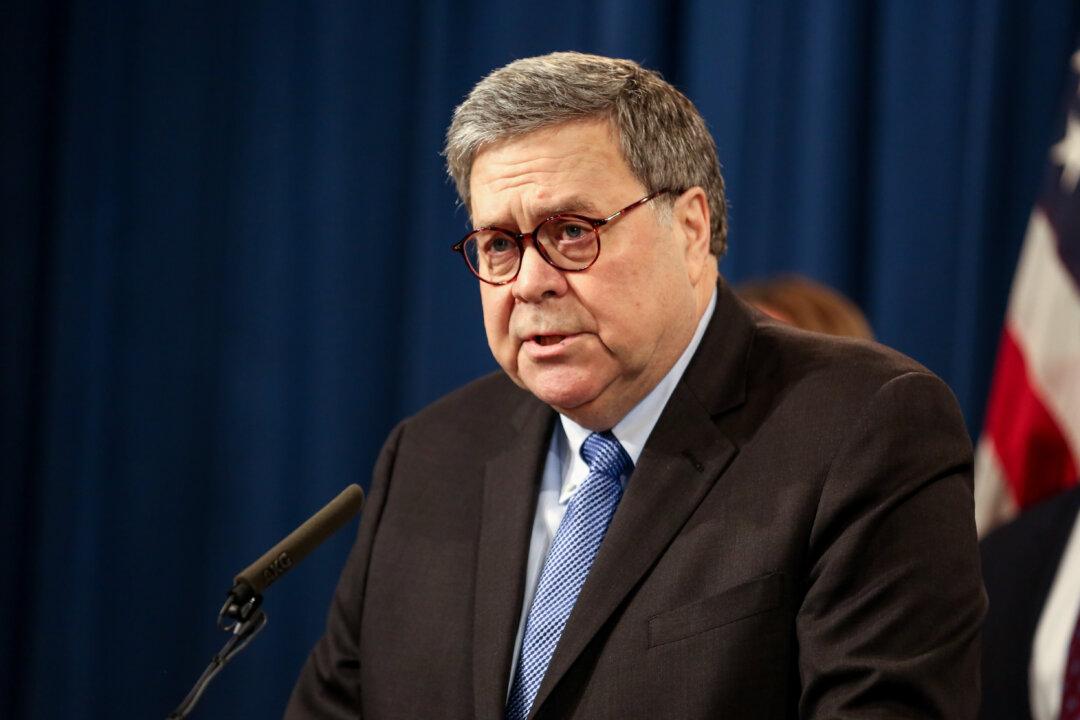A federal judge has ordered Attorney General William Barr to show him the unredacted version of the Mueller report, which summarized the results of an investigation into allegations of collusion between Russia and the 2016 campaign of President Donald Trump.
Washington, D.C., District Judge Reggie Walton said in a March 5 opinion that Barr’s handling of the report’s release prompted doubts about whether the redactions in the public version of the report are justified (pdf).





